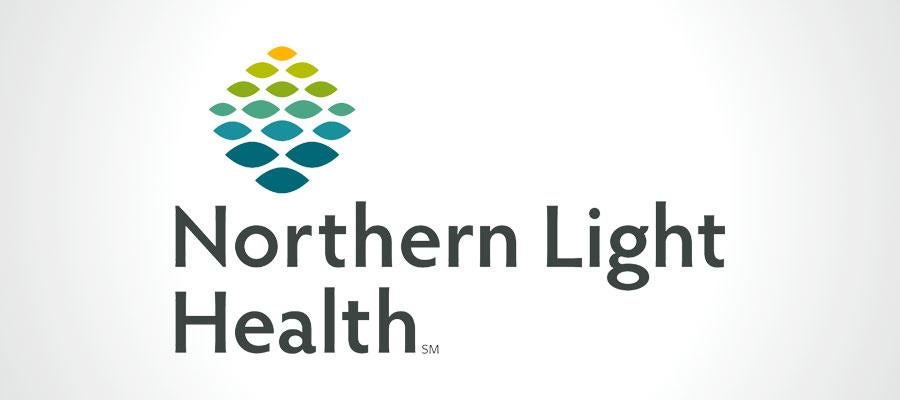Rural health system prioritizes workforce diversity to meet community needs

With 57 million Americans living in rural areas and dependent on the nearest hospital for most of their care needs, it is more important than ever to preserve the viability of access to care in rural America. This includes ensuring a suitable workforce. Moreover, rural hospitals are particularly sensitive to the impact of demographic changes faced by their communities.
Northern Light Health, an integrated health system serving Maine, embraces the shifting demographics of its patients and of an increasingly diverse, foreign-born workforce. Doing so allows the system to strengthen access to high-quality, equitable health care.
Building an adequate workforce
Rural hospitals work incredibly hard to improve the health of patients and their families. However, addressing challenges, such as geographic location, patient volumes and shortages of medical professionals, requires innovative strategies.
Maine, with a majority of its counties designated as medically underserved areas, faces a severe nursing shortage. Northern Light Health’s three-pronged strategy focuses on retaining new nurses through residency programs, recruitment of experienced nurses across the nation and recruitment of international nurses.
Retaining diverse providers starts by establishing a sense of community with providers and their families. “It’s about making our community welcoming to whomever might want to come here and making services available to the people who need them,” said Jennifer Hutchins, director of human resources at Northern Light Mercy Hospital in Portland. The result is a greater number of international clinicians forming roots, buying houses and choosing to raise their families in Maine.
“Because of the support of Northern Light, a lot of international nurses prioritize the system when working with staffing agencies,” said Augustine Christopher, a registered nurse and international nurse recruit at Northern Light Eastern Maine Medical Center in Bangor. Christopher was a practicing nurse in Nigeria until 2016 when he relocated to Bangor. Some of the biggest challenges of relocating included frigid Maine weather, clinical technology use and general lifestyle changes. However, Christopher praised the system for “patience and understanding of where we come from” and wonderful programs to help clinicians and their families overcome challenges and acclimate to a new environment.
Educating and engaging the community
Through cultural competency and implicit bias trainings for their workforce, hospitals and health systems continue to enhance efforts that create awareness of and address health disparities. However, for many communities in Maine, the health care workforce diversity is outpacing the diversity of patients.
In northern Maine, the patient population is less diverse than the health care provider population.
“Breaking down the unconscious biases that many in the community have is one of the biggest challenges,” said Deb Sanford, RN, vice president for nursing and patient care services at Northern Light Eastern Maine Medical Center. Educating and discussing awareness of different cultural groups with patient populations in rural, less diverse communities is crucial.
Already in the southern part of the state, the Maine Multicultural Center volunteer group in the greater Bangor area “provides a grassroots effort out in the community so that people are more aware of the likeness instead of the differences of our international providers,” explains Paul Bolin, chief human resources officer for Northern Light Health.
Partnering in the community
For Northern Light Health, leveraging community partnerships is key to understanding the services and programming that is available to meet the needs of patients.
“We’re lucky in Maine that we have a very strong network of organizations that are focused on mitigating health care disparities and getting people the right care that they need and allowing them to feel comfortable to access the care,” said Catharine MacLaren, vice president of talent and diversity at Northern Light Health.
One example is the Daniel Hanley Center for Health Leadership. This Portland-based organization advances health equity and positive inclusion through such efforts as unconscious/implicit bias trainings, a health disparities ambassadors program, and development of an action plan to overcome current biases and inequities.
These efforts take aim at one goal: empowering rural caregivers to transform care delivery to support the population whose lives depends on them. Preserving rural health and advancing health in America go hand-in-hand.
